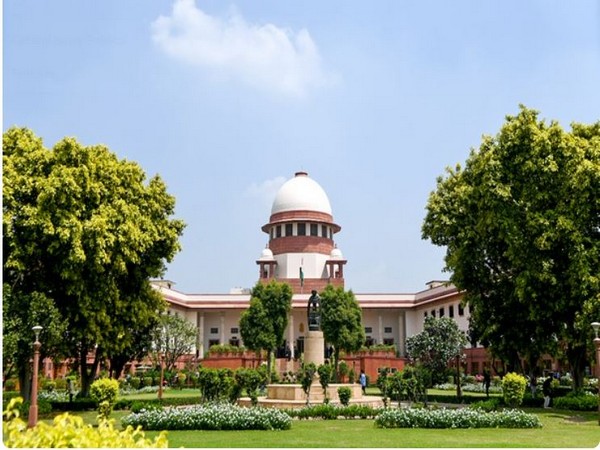Supreme Court Orders National Policy on GM Crops Amid Controversy Over DMH-11 Approval
The Supreme Court has directed the Centre to create a National Policy on GM crops involving all stakeholders. However, a split decision was made on the conditional approval for the environmental release of genetically modified mustard hybrid DMH-11, requiring further deliberation by a different bench.

- Country:
- India
The Supreme Court on Tuesday instructed the Centre to develop a National Policy regarding genetically modified (GM) crops, covering aspects of research, cultivation, trade, and commerce within India. This directive comes amidst a split in the bench on granting conditional approval for the environmental release of the DMH-11 mustard hybrid.
A bench of Justices BV Nagarathna and Sanjay Karol disagreed on the environmental release of genetically modified mustard but jointly agreed to direct the Centre to evolve a comprehensive National Policy with inputs from stakeholders such as agricultural experts, biotechnology specialists, state governments, and farmer representatives. The Ministry of Environment, Forest and Climate Change (MoEF&CC) has been tasked with organizing a national consultation within four months to formulate this policy.
The Court emphasized the inclusion of state governments and the verification of experts' credentials to prevent conflicts of interest. Additionally, rules ensuring statutory force may be formulated. The import of GM foods, particularly GM edible oil, must comply with Section 23 of the FSSA, 2006, dealing with packaging and labeling.
Justices expressed differing views on the conditional approval of DMH-11. Justice Nagarathna argued that it violated the precautionary principle, lacking a thorough risk assessment. In contrast, Justice Karol supported the GEAC's decision, claiming no legal principles were violated. Petitions challenging the approval for GM mustard were filed, with the Centre emphasizing its commitment to increasing farm productivity via safe genetic engineering technologies and a robust regulatory framework.
The Centre argued that the regulatory process for DMH-11 began in 2010, involving detailed review procedures. Approval was deemed an environmental release before commercial use, to be supervised by the Indian Council for Agricultural Research (ICAR).
(With inputs from agencies.)
ALSO READ
Four agreements between India & Ukraine to provide for cooperation in agriculture, medicine, culture & humanitarian assistance: Officials.
Augmented Reality in Agriculture: Will Smart Glasses Lead the Next Farming Revolution?
Prime Minister Modi Hails Landmark BioE3 Policy for Biotechnology Advancements
USDA Approves Genetically Modified Wheat for Drought Resistance
Empowering Women Farmers: Land Rights and Sustainable Agriculture in Chad










